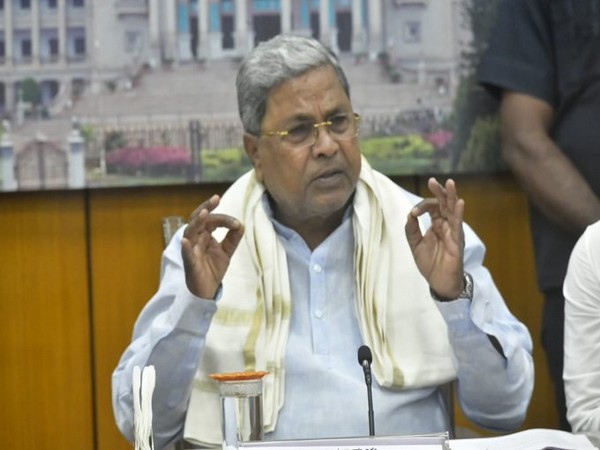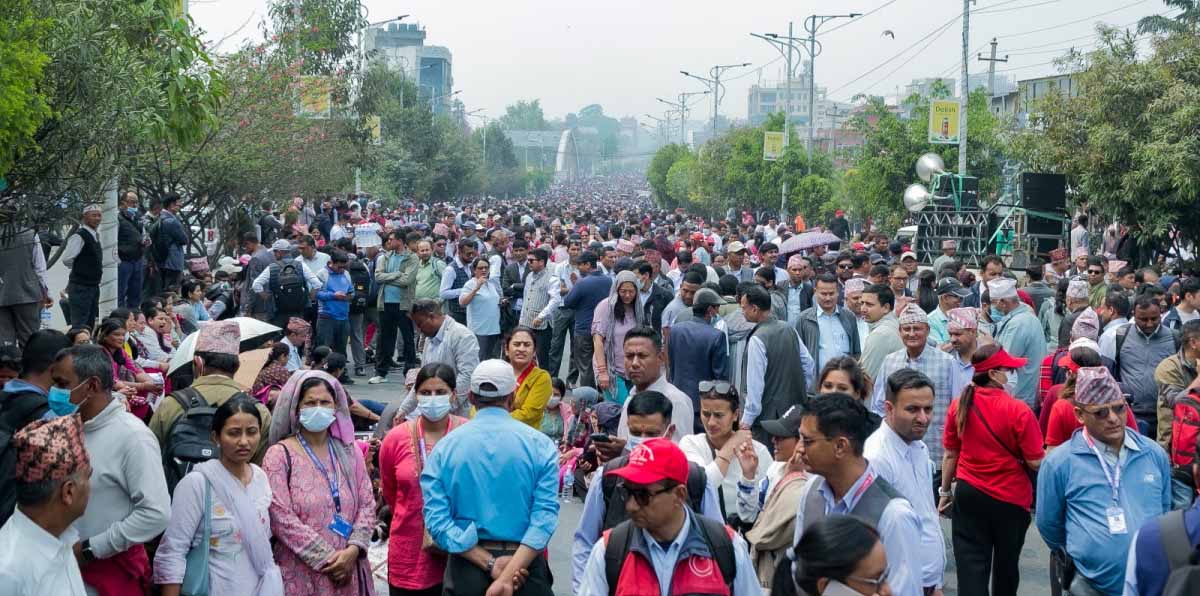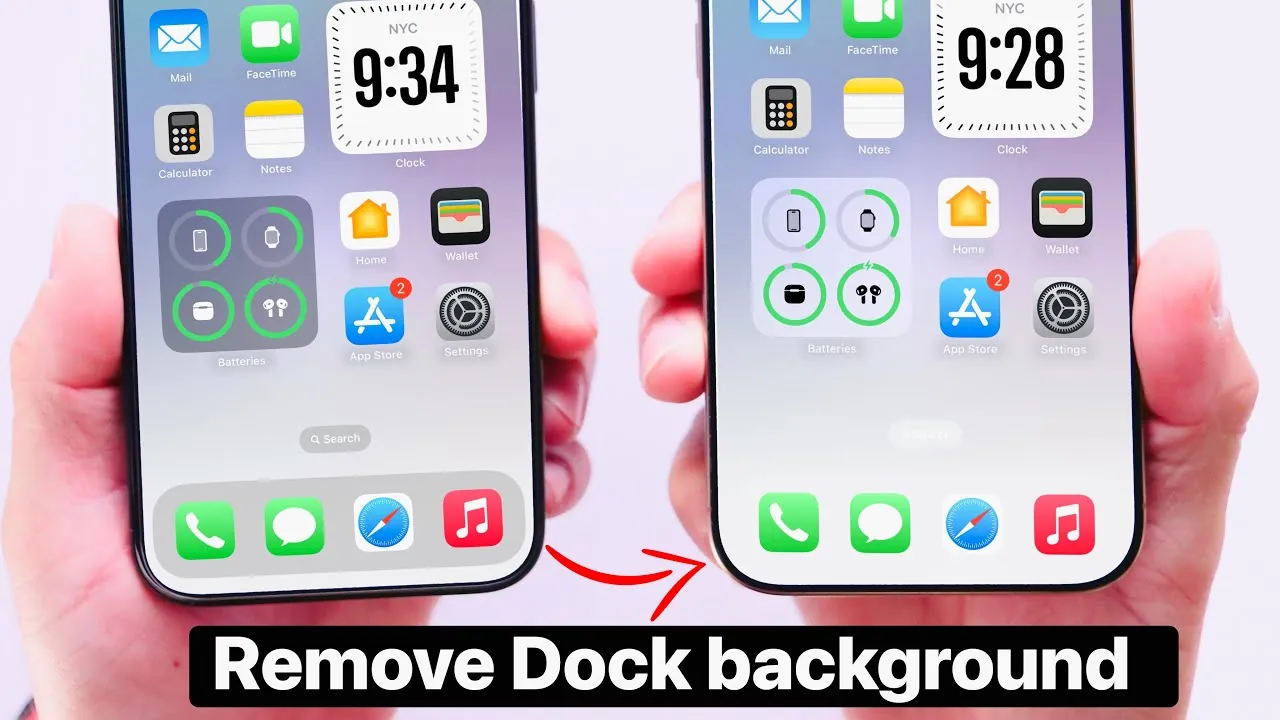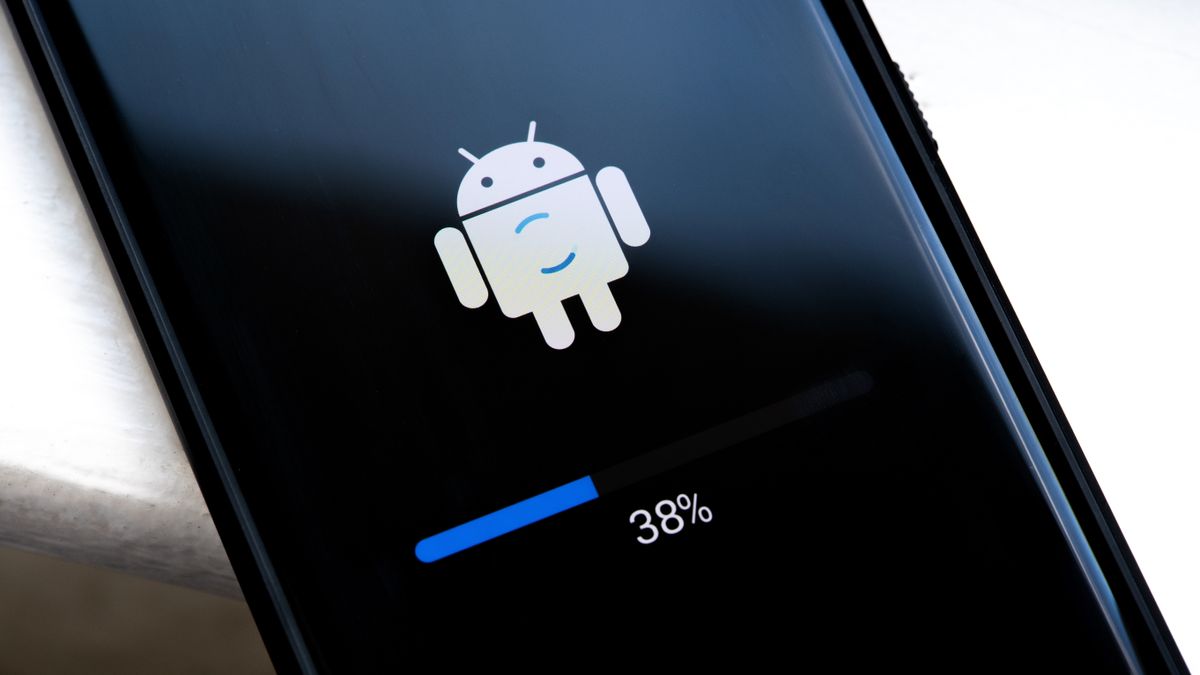Nearly 20 years ago, the North Charleston Winn-Dixie across from the Navy hospital closed its doors forever. The Piggly Wiggly on Rivers Avenue followed suit a few months later. Those were the last of about a half-dozen grocery stores that Mayor Reggie Burgess remembers from his childhood in Union Heights.
And their closing was about the last reverberation of the federal government’s decision to shutter the Navy base a decade earlier. “That took 25,000 jobs from the area,” Burgess says, “and we’ve been swimming upstream ever since.” For two decades, southern North Charleston has been what’s called a “food desert,” which simply means residents — many of whom don’t have their own transportation — have to travel too far just to buy meat or fresh produce.

Just to eat. When those two stores closed, I wrote a news story about it for The Post and Courier, interviewing a local resident about her weekly ordeal of getting groceries, without a car, in the food desert. Residents of Southern North Charleston have to rely on rides from friends to shop at grocery stores, which are too far away to reach without their own cars.
It involved buses, cabs and an hour-long trip to a Piggly Wiggly six miles away. Which is also gone now, and has been for more than a decade. The nearest options for the community these days are all five or six miles away: on the peninsula, north of Interstate 526 .
.. or in West Ashley, just across the North Bridge.
Not a bridge you want to try and cross without a car. A long line of public officials has tried to remedy this problem, from state lawmakers to former Mayor Keith Summey — who offered incentives like he was pursuing Boeing. Now it’s Mayor Burgess’ job, and as he told The Post and Courier’s Kenna Coe, not having a grocery store easily accessible to those residents is “unacceptable.
” Not only does Burgess understand the problem and its ramifications perhaps better than anyone, it feels personal because this is where he’s from. And he knows the higher costs associated with the absence of neighborhood groceries. As a 34-year veteran of law enforcement, Burgess locked up a lot of people.
Early in his career, he began to study the social deprivations behind their crimes, to understand their motivations. He found much of the problem tied to lower incomes and a lack of resources. And most studies say food — and a place to buy it — is one of the most important of those resources.
Of course, selling food is like any other business ...
and the southern part of North Charleston hasn’t looked like a safe investment for companies with thin profit margins. Not since the base closed. There’s less population, and the median income of those who remain is the lowest in the city.
When he’s courting stores — and he's always courting stores — Mayor Burgess points out that the density is coming back to that part of town, that median incomes are rising. All you have to do is look in either direction while driving along Spruill or Rivers, and you’ll see new houses. Nice Lowcountry homes, selling for $350,000 or $400,000.
Park Circle, pretty much the crown jewel of North Charleston and the poster child of a neighborhood rising and revitalizing itself, is growing south. At the same time, the Neck Area is growing north. The mayor points to Whipper Barony as another area neighborhood on the move.
Change is coming, and Burgess remains as positive as the situation allows. “We’ll get a store,” he says, “But I don’t sell false ideas. It has to be a trifecta, a pyramid with government, business and the community.
” Of course, the very change that will lure a grocery store back to the community will have other consequences, some of which residents will eye with suspicion. Particularly, the threat of gentrification. It’s a delicate balance, revitalizing a neighborhood, improving its amenities, creating a place that makes a grocery store’s business model work.
These stores want areas with more traffic, a higher number of residents. Some will understandably worry that such change will lead to the threat of old residents forced out by higher rents. That’s why this very serious work also must be done very carefully — which the mayor recognizes, of course.
When he talks to potential grocers these days, he brings in community leaders to hear the pitch, to ask questions. Whatever happens, he says, it must be a community decision. There are many trade-offs in life.
Some change is good, some ...
well, not so much. But ensuring that residents in southern North Charleston have access to fresh food is a necessary change. Because wandering in the food desert for two decades is far too long.
It is, in a word, unacceptable..
Technology

Hicks: Southern North Charleston has been a food desert too long. Change comes at a price.

Nearly 20 years ago, the North Charleston Winn-Dixie across from the Navy hospital closed its doors forever.















